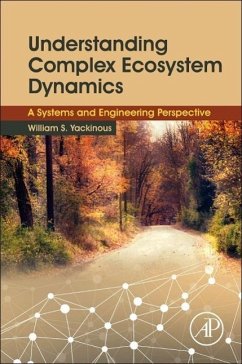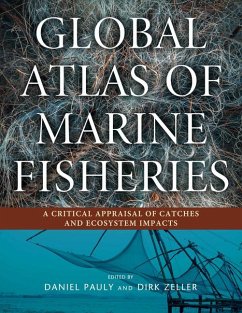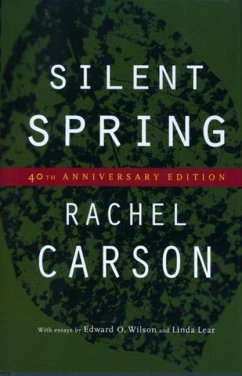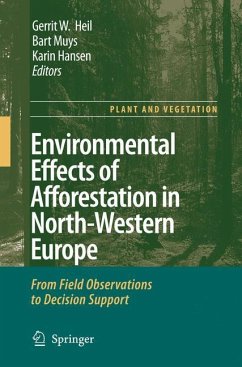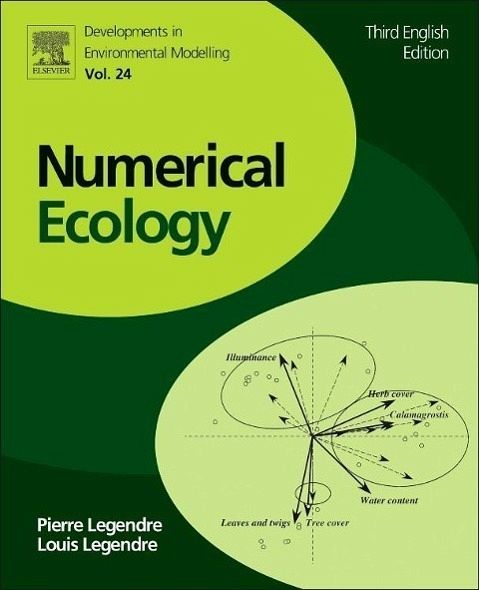
Numerical Ecology
Volume 24

PAYBACK Punkte
0 °P sammeln!
The book describes and discusses the numerical methods which are successfully being used for analysing ecological data, using a clear and comprehensive approach. These methods are derived from the fields of mathematical physics, parametric and nonparametric statistics, information theory, numerical taxonomy, archaeology, psychometry, sociometry, econometry and others.






